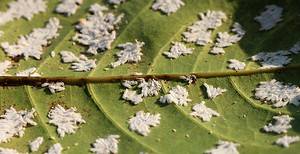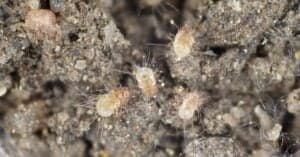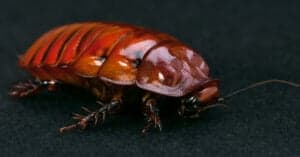The care and effort that go into maintaining a garden are extremely important for any horticulturist. With the right care and attention to detail, forming a lush assortment of flowers, vegetables, or other plants becomes a rewarding challenge. The greenest thumbs swear by the tricks they learned through the years, but one big source of debate is the use of insecticide.
An insecticide is a formula that controls the insect population within the treated area. Some insecticides kill the insects directly, while others prevent their interaction with the garden. Each one serves a different purpose, and the wide variety of options available makes accommodating any garden easy. Insecticide is a subtype of pesticide, a broader term that describes all of the different formulas that eliminate bugs and vermin.
With such a powerful solution to an insect infestation, deciding to treat a garden chemically requires careful consideration. After all, the wrong move disrupts the entire ecosystem, causing you to lose more than a few bites of your prize tomatoes. If you feel uncertain, read below to learn more about the 10 reasons to buy insecticide for your garden.
Insecticide Protects the Sap of Garden Plants from Insects
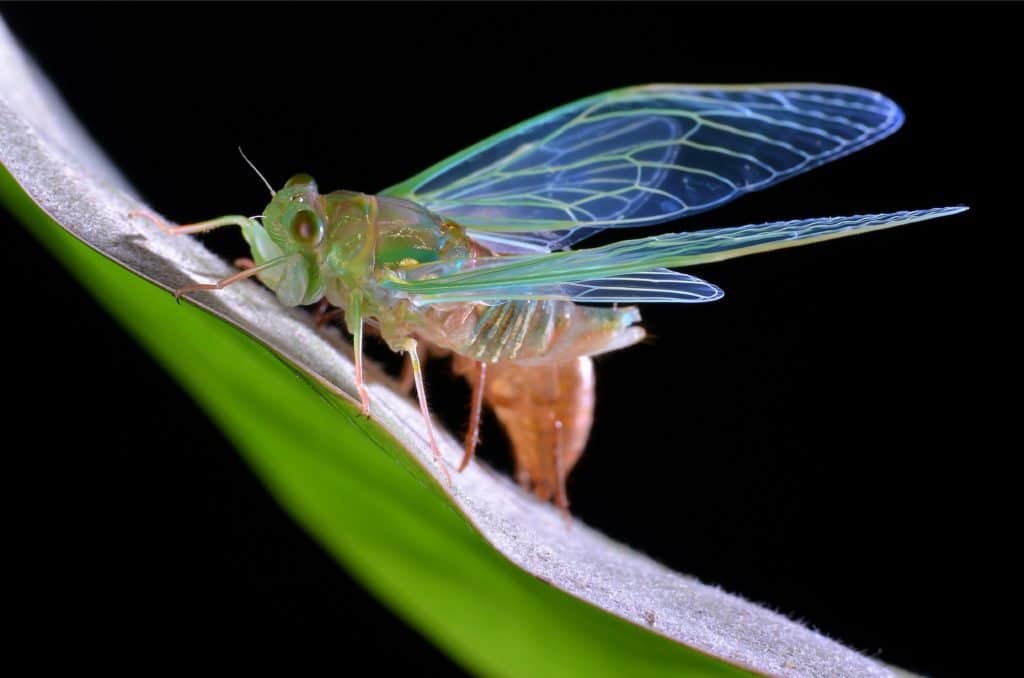
By being treated with insecticides, garden plants don’t endure any bug-caused damage to their structure.
©SIMON SHIM/Shutterstock.com
One of the biggest issues for gardeners is the many insects that like to suck out sap from their plants. Aphids and scales are the biggest enemies of these plants, powering through twigs, foliage, branches, and even tree trunks. Gardens with rose bushes and similar structures are at a greater risk of this damage, but the right insecticide for local bugs prevents them from being destroyed from within.
When insects suck out the sap, the structure of the plant becomes weak. Instead of strong roots, vines, and trucks, insects eat the nutrients that make these plants strong. Otherwise, their stems are too fragile to support their buds, causing them to die quickly.
Insecticides Reduce the Risk of Some Localized Diseases
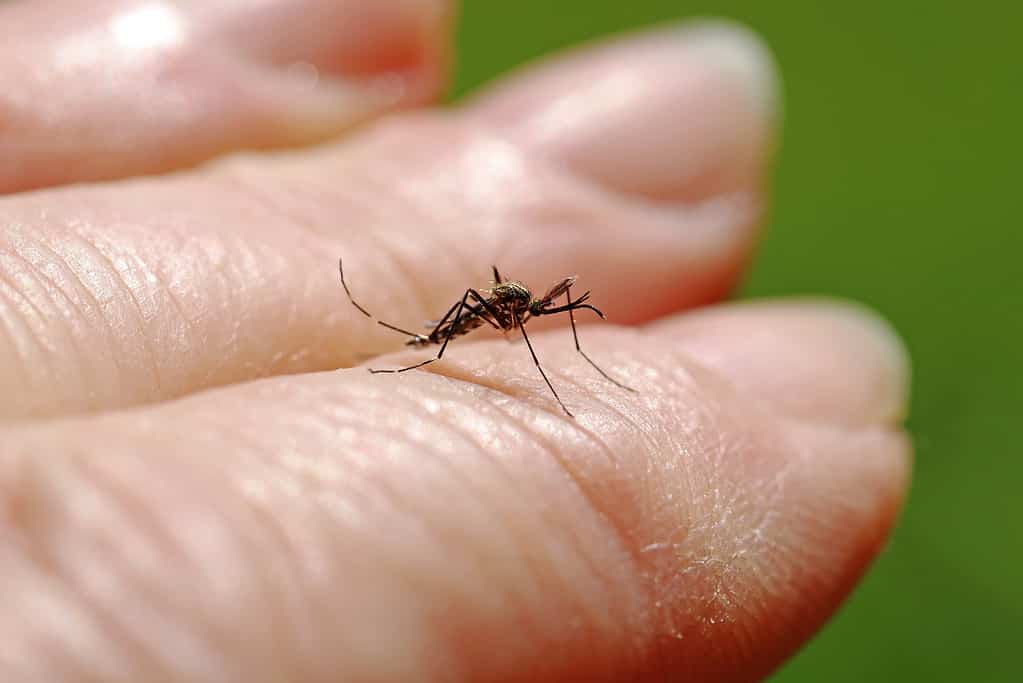
Mosquitos are substantial disease carriers, but using an insecticide eradicates them to reduce the risk of disease.
©Astrid860/ via Getty Images
If your garden is filled with mosquitos and ticks, treating it with insecticide is the best way to protect both the plants and your loved ones from infectious diseases. These insects carry diseases like the West Nile virus, Lyme disease, and even rabies. Mosquitos and ticks are just two insects that fall into the category of vector species. When malaria, dengue, and filariasis are the risks, treating a garden with insecticide is a small step towards improving your health.
Though insecticides’ benefit is the relief from pests in the garden, controlling the species reduces the risk of these diseases spreading in nearby areas. Vector control, even on a smaller scale, keeps your family and neighbors safe from the potential health issues these insects cause.
Insecticides Remove Typical Triggers for Asthma and Allergies
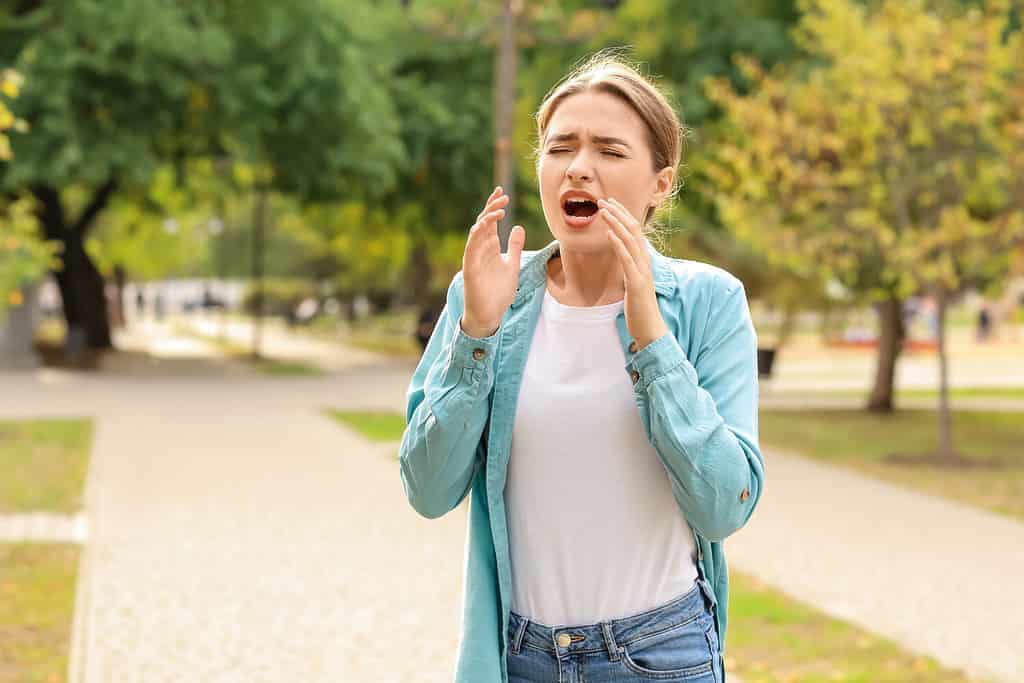
Without insecticides, your allergies worsen because of the increased exposure to triggers.
©Pixel-Shot/Shutterstock.com
In the same way that a garden reduces infectious pests from the surrounding area, it removes other harmful pests. Cockroaches are one of the biggest triggers for these respiratory issues, but insecticides eliminate them. Mites tend to trigger these symptoms the most easily, and removing them from the garden is the quickest way to get relief.
Exposure to the droppings left behind by mites in the garden is equally toxic. Even with insecticide treatments, check the soil for any further contaminants left behind.
Insecticides Prevent External Damage to Leaves
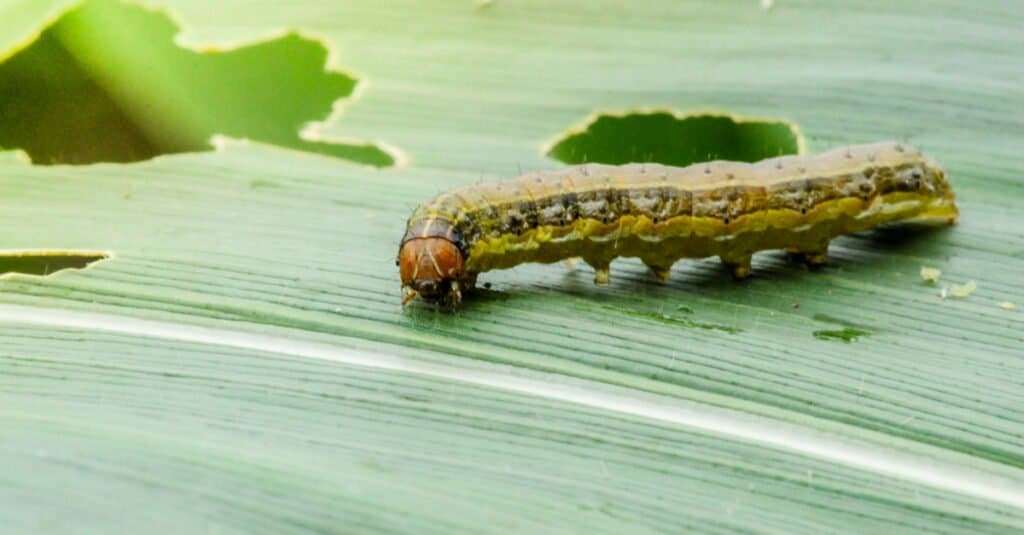
Adding insecticides to the garden prevents unwanted holes in leaves, fruits, and vegetables.
©kale kkm/Shutterstock.com
You aren’t the only ones ready to harvest when gardens become lush and ripe for picking. Small insects sneak into these gardens to check out the green leaves, biting into them to make holes, discoloration, and wilting. While some plants handle a little nibble without much effect, others lose their structure, leading leaves to curl. In some cases, stunted growth and misshapen vegetables occur as a result of this physical trauma. By treating plants and produce with insecticides ahead of an infestation, the leaves and buds get protection against these pests.
Insecticides Reduce the Risk of pH Imbalance

By including insecticides, you preserve the pH balance you achieve in the soil when gardening.
©malshkoff/Shutterstock.com
The pH levels in a garden are everything, and the wrong insect disrupts it all. Balancing pH levels helps plants to absorb nutrients from the surrounding soil properly. Without the right nutrients, it doesn’t matter how much you dedicate to pulling weeds and pruning each flower. Unfortunately, an untreated garden is highly likely to lose this balance.
Soil-based insects like fungus gnats and spider mites are just a few creatures to which you risk exposing your garden. Once they establish their home in the soil, pH levels fluctuate significantly. Soil with high acidity is like poison to your garden, destroying plants from the root.
To make matters worse, this unhealthy cycle begets new issues, acting as a warm invitation for fungi and parasites. Allowing insects to disrupt pH levels has a lasting impact on the garden, leading you to start the entire project from the beginning when the soil is at its worst. Integrating safe and supportive insecticides into your garden protects it from ever losing its balance in the first place.
Insecticide Prevents Toxic Buildup from Bugs
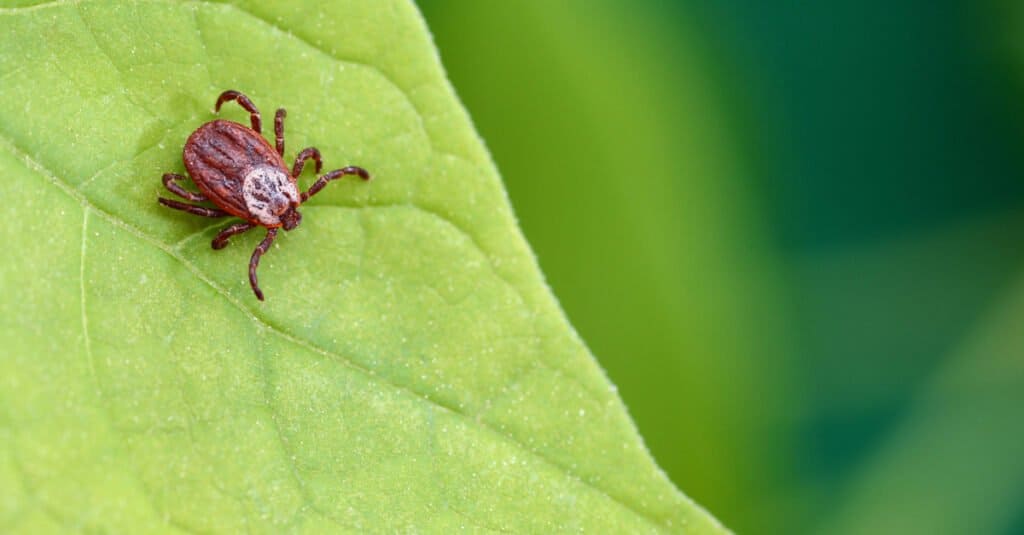
Every insect that touches the plant’s surface drags along any toxins, but insecticides eliminate the source for good.
©Spok83/Shutterstock.com
Most insects are herbivores, meaning they source all their nutrients from plant life. Gardens already have a disadvantage because they are entirely comprised of carefully nourished plant life. While bees are a critical part of the fertilization of plants, beetles, moths, butterflies, and other insects call their leaves home.
The insects that suck sap from these plants damage a lot more than the structure that they pull juices from. Instead, they can leave toxins behind from previous feedings. Any crawling insect instantly exposes the garden plants to any toxic substances they walk in. By treating with insecticide, these bugs stay away and keep the garden safe.
Insecticide Protects Garden Soil from Microbes
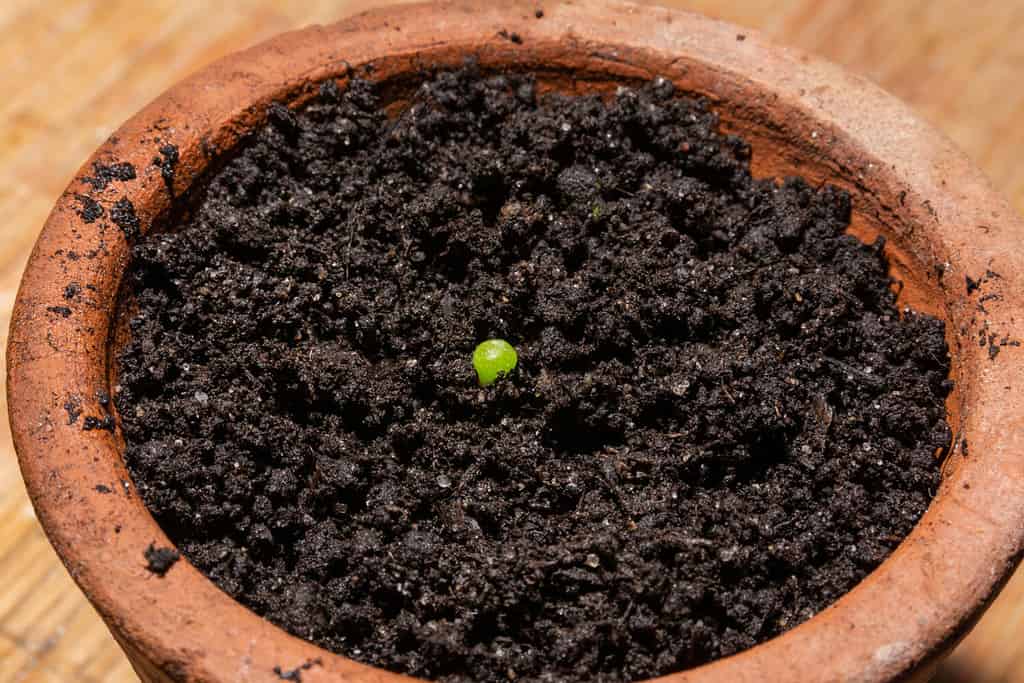
Using pesticides is an easy way to get rid of the potential microbes that insects carry.
©Emmily/Shutterstock.com
One of the biggest difficulties in starting a garden is establishing the right balance in the soil. Some people even purchase planters to place on their land to have full control of the soil, but even one teaspoon of topsoil already has millions of microbes. The toxic microbes have the potential to destroy an entire garden.
According to a recent study, using pesticides and insecticides reduces the bacteria and fungi in these soils, leaving plants to grow freely and healthily.
Insecticides Target Specific Insects
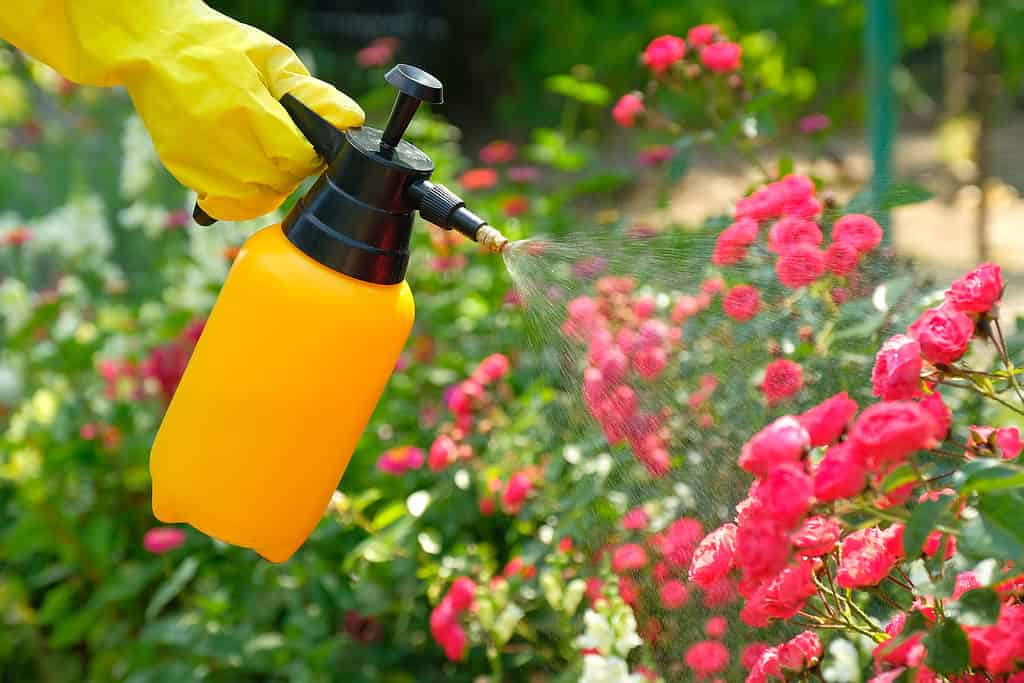
Instead of using a broad insecticide that seems to work for everything, choosing a formula that works for the specific bug yields better results.
©Savanevich Viktar/Shutterstock.com
Treating a garden with a broad insecticide won’t kill these unwanted pests. Instead, there are multiple insecticides to choose from, each targeting different insects differently. Catering to the specific problem in the garden makes treating it substantially easier, especially if they know the insects that invaded it.
For low-toxicity mites, organosulfur kills the insect while still in the egg stage, protecting the garden from succumbing to its bites. Nicotinoids also provide helpful support to your garden if you like your pets to be around because it is low in toxicity to mammals, fish, and birds. It deals with insects that suck sap and destroy soil, like termites, whiteflies, and the Colorado potato beetle.
The type of insecticide is also important because certain insecticides put more of the local ecosystem at risk. If the garden is near a backyard fishpond, using carbamates or organotin as the insecticide poses a significant risk to fish because of its toxicity for this species. Instead, ecosystems that avoid carbamate use still have formamidines as an option, calming the insects into a slumber before they die.
Insecticides Offer Inexpensive Protection for Gardens
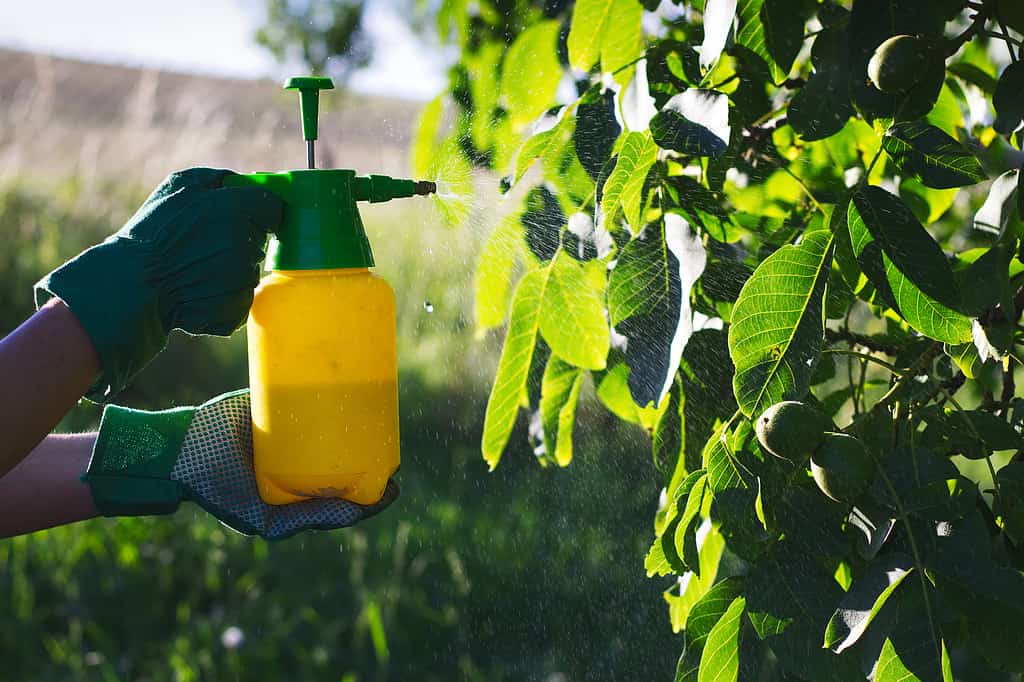
Buying concentrated insecticide allows users to water it down without spending tons of money for the treatment.
©iStock.com/Zbynek Pospisil
The use of insecticide should make gardening easier for anyone, protecting their garden from insects when they can’t hover around all day. With so many tools and pieces of equipment used for gardening, the last thing that anyone wants to do is spend even more time and energy to keep pests away. Buying a pesticide is one of the least expensive ways to take care of it.
The average cost of a pre-diluted insecticide ranges from $7 to $15. The amount you go through entirely depends on the size of your garden, but the right action now prevents more problems later. Some people choose to save more money by purchasing concentrated insecticide for a similar price, diluting it as needed.
Preparing a natural pesticide at home also helps with the insect population in your garden. Some synthetic pesticides are too aggressive for homes with small children and pets. Using natural insecticides brings down the cost of maintenance even more drastically, using recipes with sulfur powder, different types of sulfates, or boric acid. These methods work best for mild insect infestations, but the industry for insecticides constantly launches new remedies to preserve the safety of your loved ones.
Insecticides Handle Otherwise Uncontrollable Gardening Issues
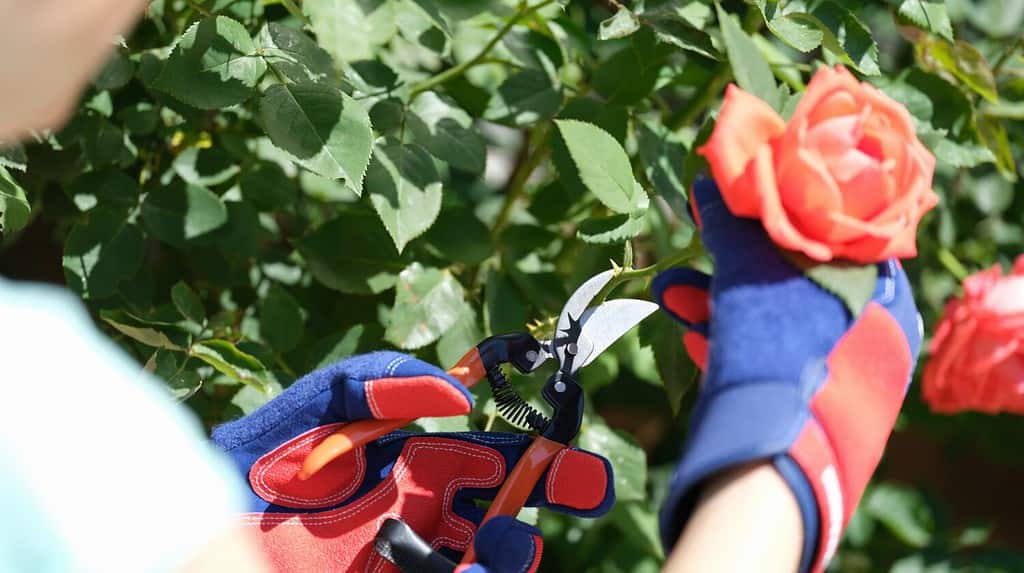
Even if you use every other method, tough infestations need the aggressiveness of insecticide to support them.
©megaflopp/Shutterstock.com
When you first see a pest in the garden, reaching for the insecticide is an aggressive start to the solution. Some people start to spray before they even know the type of insect causing the issue. With pesticides, the worst way to incorporate them is to use them as the first line of defense without any other information about the issue.
Naturalists love to find ways to support their garden that don’t involve any chemicals at all. For some gardens, embracing the insects that invade them sometimes works to their advantage. However, when natural solutions are no longer effective, choosing to treat a garden with insecticide eliminates the issue at the source. All of these natural solutions seem helpful initially, but leaving an infestation to grow and thrive only destroys a garden in the long run. Learn about the insects in the garden, keeping insecticides as a final solution if all others prove fruitless.
Though insecticides work quickly to stop and protect against an infestation, watch the progress to determine if it needs additional applications. Gardeners who do this dirty work themselves need protective clothing (including gloves) to handle the task ahead.
Are All Insects Bad for Gardens?
Just like anything in nature, nothing is absolute. Insects account for 10 quintillion of all invertebrates, and some are more dangerous than others. Aphids, cabbage moths, mosquitoes, and slugs are amongst the most dangerous insects that enjoy living in gardens. The only way to eliminate them is by dealing with these infestations quickly. However, other insects – like bees and ladybeetles – help fertilize and control the harmful insect population.
Summary of 10 Reasons to Buy Insecticide for Your Garden
| Number | Reason |
|---|---|
| 1 | Insecticides protect gardens from insects that feed on sap, which weakens plants. |
| 2 | Using insecticides reduces the localized risk of vector-borne disease. |
| 3 | Removing insects from a garden reduces asthma and allergies. |
| 4 | Insecticides protect plants in the garden from being chewed on. |
| 5 | Free-roaming insects alter the pH balance in the garden. |
| 6 | Some insects leave toxic residue on the surface of garden plants. |
| 7 | Insecticides protect soil from microbes that insects transfer to their body. |
| 8 | Different types of insecticides target different insects. |
| 9 | Buying and making insecticides is inexpensive. |
| 10 | Insecticides tackle problems that other methods fail to solve. |
The photo featured at the top of this post is © ifiStudio/Shutterstock.com
Thank you for reading! Have some feedback for us? Contact the AZ Animals editorial team.



